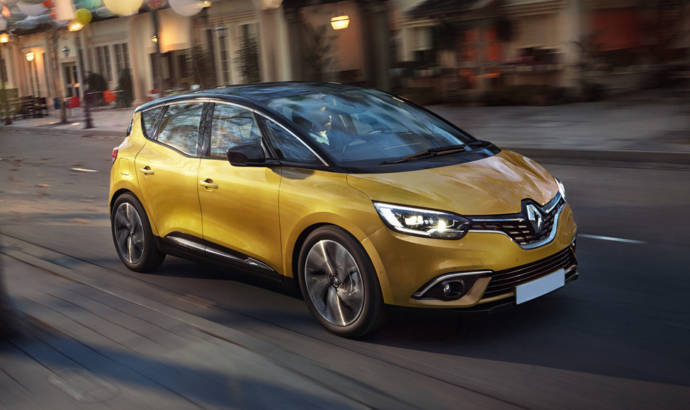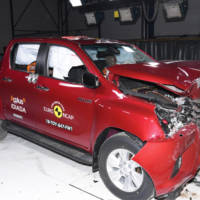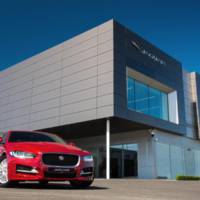Safety standards are becoming more and more stringent accross Europe. And EuroNCAP wants to increase the level of safety we find in our cars, awarding fewer stars to vehicles that are not equipped with latest technologies. One of the most important is the Autonomous Emergency Braking, or shortly AEB.
“Pedestrian AEB testing was introduced into the Euro NCAP tests in 2016 as part of a drive to lower the number people killed or seriously injured in the UK as a result of collision with a vehicle,” explained Andrew Miller, Chief Technical Officer at Thatcham Research and current Euro NCAP President and Chairman of the Board.
More than 5,000 people are killed or seriously injured every year on UK roads and a reduction in this number would be a very significant benefit of all new cars having AEB fitted as standard.
But there are also good news, as the AEB is available on 63% of new cars launched this year, compared to the average of 48% availability across all new cars on sale in the UK.
“Autonomous Emergency Braking is a proven life-saver that significantly reduces the likelihood of a crash,” commented Thatcham Research Chief Executive, Peter Shaw. “Having AEB technology on every model of every new car should now be standard practice for car makers. Renault is to be applauded for recognising this as the responsible course of action.”
Euro NCAP’s Small Off-Road 4×4 (SUV) category includes two recently launched five-star vehicles that perform strongly on active safety feature fitment, the Volkswagen Tiguan and the SEAT Ateca.
Kia’s new Niro Crossover, which will also be competing for attention from family car buyers, performed very well in crash tests and gained a five-star Euro NCAP rating when fitted with the optional safety pack, but unfortunately only the top-of-the-range First Edition model has AEB.



